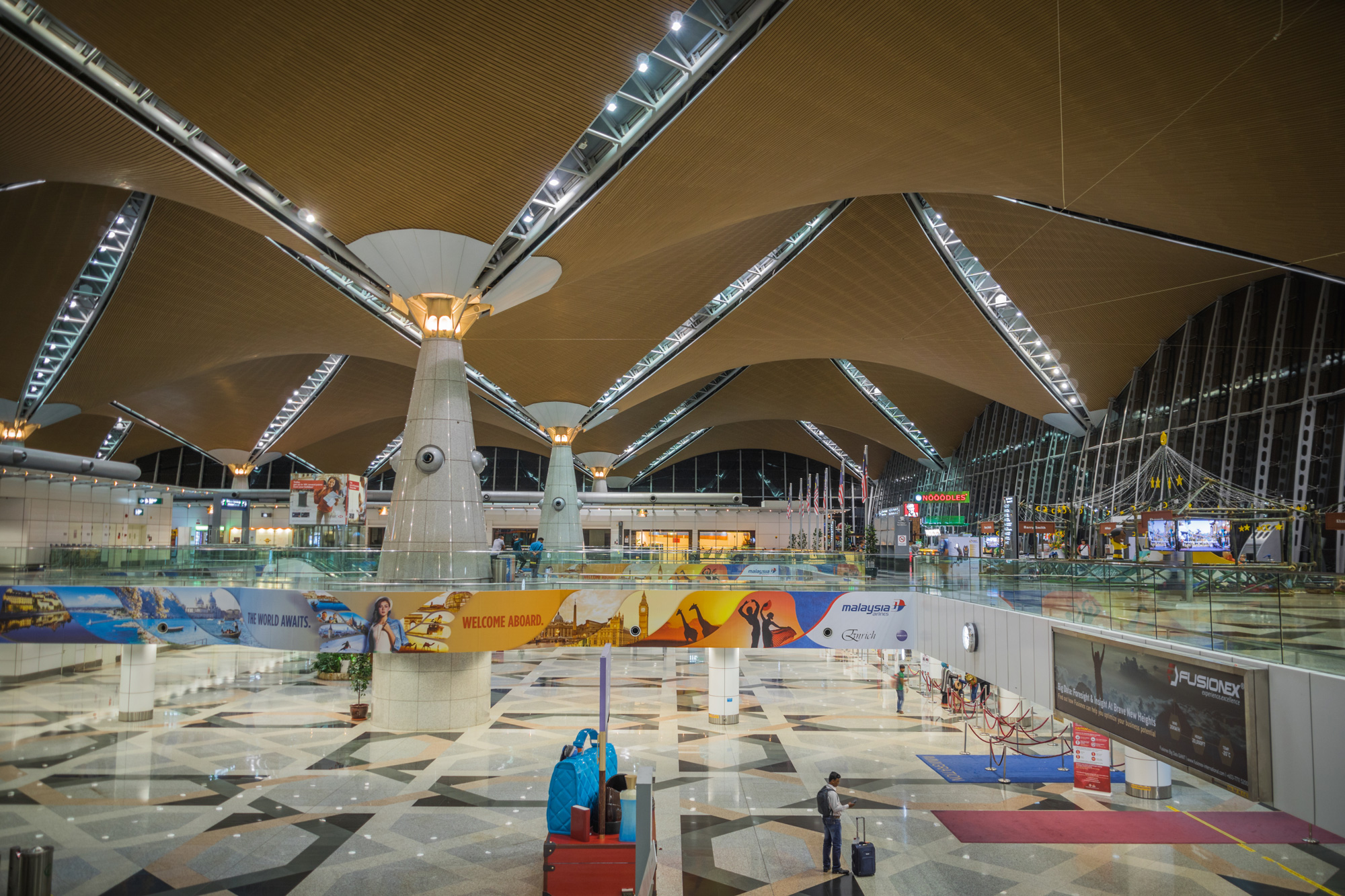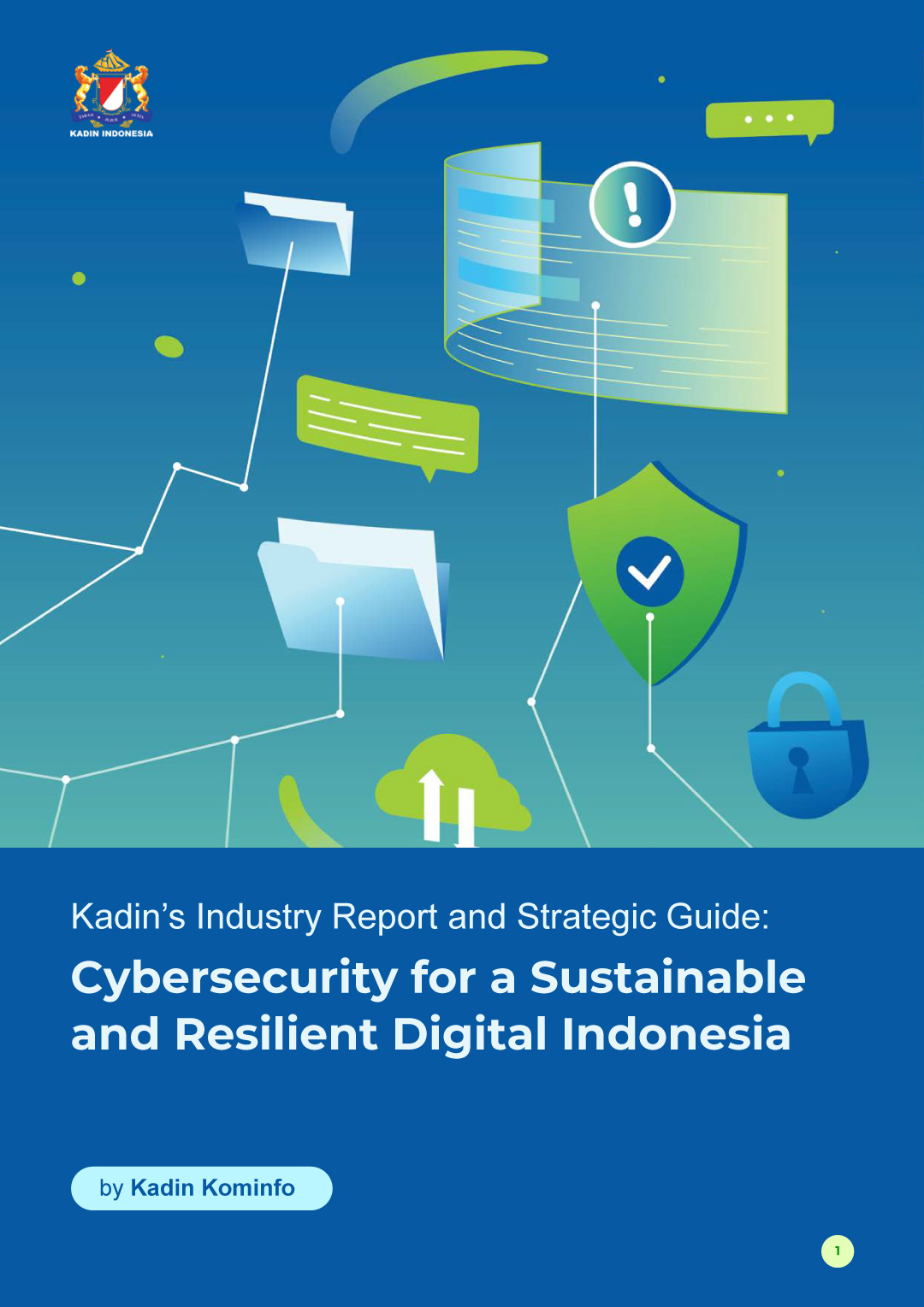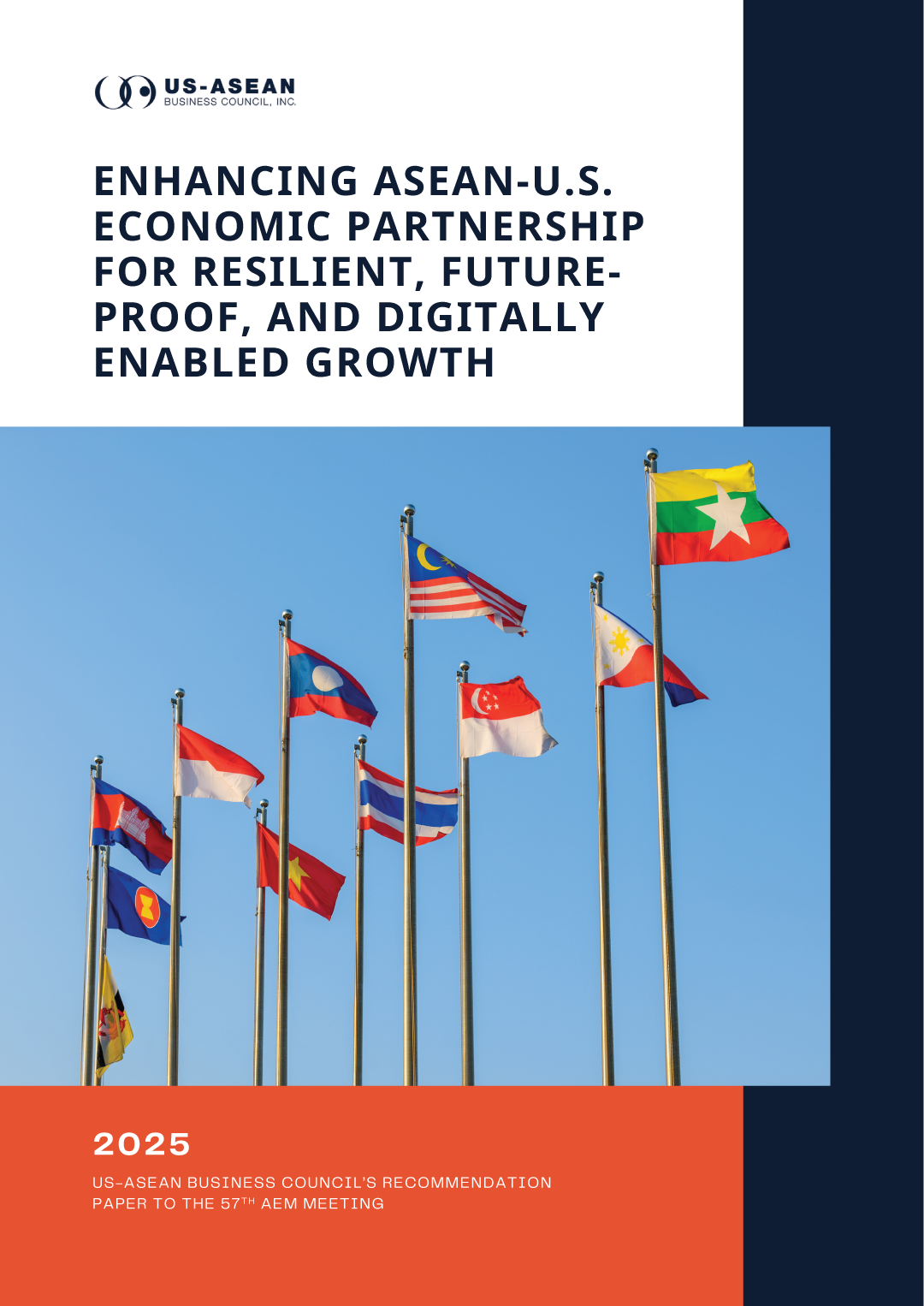Cyberattack on KLIA

On March 23, Kuala Lumpur International Airport (KLIA) experienced a cyberattack that disrupted critical systems including flight information displays, check-in counters, and baggage handling. The attack targeted Malaysia Airports Holdings Berhad (MAHB), which operates 39 airports across the country. A ransom of $10 million was demanded, but Prime Minister Anwar Ibrahim publicly rejected the demand, stating Malaysia would not bow to "ultimatums by criminals and traitors." Although no group has claimed responsibility, the incident prompted a high-priority investigation by Malaysia's National Cyber Security Agency (NACSA).
This attack marks one of the most serious cyber intrusions into Malaysia's transportation infrastructure to date, and echoes similar attacks on airports in Japan, Mexico, and the U.S. over the past year. Critical infrastructure—especially in regulated sectors like aviation—lags in adaptive cybersecurity, making it a prime target for ransomware campaigns. The incident revealed operational fragility, as personnel resorted to manual methods like whiteboards to communicate flight schedules. It has amplified pressure on the government and airport operators to accelerate digital infrastructure upgrades. The KLIA cyberattack highlights urgent demand for comprehensive cybersecurity solutions in Malaysia and the broader ASEAN region.





![Cover-[USABC-Final]-Driving-ASEAN-Unity-Malaysia's-Vision-for-2025](/sites/default/files/2025-07/Cover-%5BUSABC-Final%5D-Driving-ASEAN-Unity-Malaysia%27s-Vision-for-2025.jpg)



